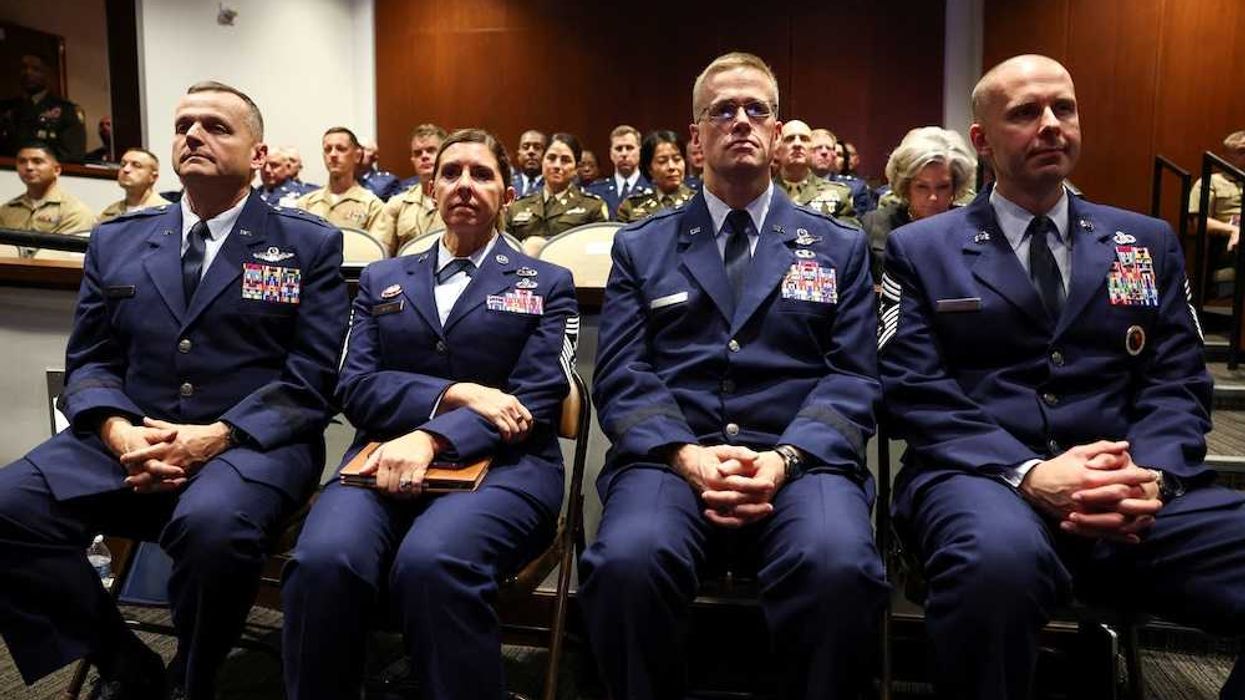Editor's Note: A quote from the Pentagon Press Association (PPA) has been removed as the statement pertained to a Pentagon memo released in May.
The Department of Defense has issued a memo requiring any Pentagon staffer to obtain approval from the Office of the Assistant Secretary of Defense for Legislative Affairs before sharing information with Congress, Breaking Defense reported Tuesday.
Signed by Defense Secretary Pete Hegseth and Deputy Secretary of Defense Steve Feinberg, the directive was reportedly issued last week.
It argues that “unauthorized engagements with Congress by DoW ["Department of War"] personnel acting in their official capacity, no matter how well‑intentioned, may undermine Department‑wide priorities critical to achieving our legislative objectives.”
Under the new policy, all correspondence with Congress, including legislative requests, draft assistance, technical help, or engagement by state elected officials, must be routed through the legislative affairs office, per the report.
The report noted that that office is also tasked with conducting a full review of current congressional‑interaction processes within 90 days and will require organisational charts, contact lists and tracking of all past engagements.
Observers say the move may further limit congressional oversight of the Pentagon at a time of elevated internal turnover and leakage of sensitive information.
“Congress decides who Congress will talk to,” one House committee member told reporters, per Axios, warning the new rules may clash with longstanding legislative practices.
The memo comes days after a separate restriction on media access at the Pentagon. New guidelines required accredited reporters to sign a pledge forbidding them from gathering information that has not been officially authorized for release, or risk losing their press credentials.
Major media organizations refused to sign his new Pentagon reporting rules, arguing they threaten "core journalistic protections” by requiring pre‑approval of even unclassified information.


